AtlSecCon is almost there! Philippe and I are pretty excited to be speaking there this year!
Here’s a quick rundown of our presentations:
The new wave of Deserialization Bugs
Philippe will demystify Java deserialization flaws.

Recently, there have been several deserialization bugs released. In 2015, many Java softwares – including WebLogic, Jenkins and JBoss – were found vulnerable because of a common bug pattern. This talk will present the risk associated with deserialization mechanism and how it can be exploited. While a fix is available for some of the known vulnerable applications, your enterprise might be maintaining a proprietary application that is at risk. A tool will be presented to identify the vulnerable pattern. This vulnerability can be applied to any languages. Examples will be given for PHP and Python.
Update: Here are the slides for Philippe’s presentation.
Internet of {Things,Threats}
 ESET‘s Thomas Dupuy and I are covering real-world malware encountered in the Internet of Things space. Spoiler alert: Internet of Things malware is actually Linux malware targeting embedded systems through Telnet or SSH protocols.
ESET‘s Thomas Dupuy and I are covering real-world malware encountered in the Internet of Things space. Spoiler alert: Internet of Things malware is actually Linux malware targeting embedded systems through Telnet or SSH protocols.
More and more devices are connected to the Internet. Under the moniker “Internet of Things” (IoT) these “things” generally run an embedded Linux system of the MIPS or ARM architecture. The unresolved problem of software updates and short vendor support cycle combined with the lack of effort into systems security and application security makes these devices an easy target. This last year we have analyzed several malware samples targeting these architectures. Internet accessible embedded systems are being compromised via vulnerabilities (like Shellshock) or because of their weak default configuration.
Our presentation will cover some of the analysis we performed:
-
- Linux/Moose, a malware that propagates by itself and perform social network fraud on Twitter, Facebook, Instagram and more
- LizardSquad and foreign actors that are leveraging embedded systems to perform distributed denial of service attacks (DDoS)
- Win32/RBrute, desktop malware that changes router settings in order to infect more victims. This is distributed by the Sality botnet.
- An Exploit Kit that leverages router vulnerabilities through a Web browser to perform “DNS poisoning”
Finally, some advice will be given to the audience in order to help protect themselves, their organizations and their families.
Update: Here are the slides for our presentation. As usual all of our slides, talks PDFs and demos are available and indexed in our github presentations page.




